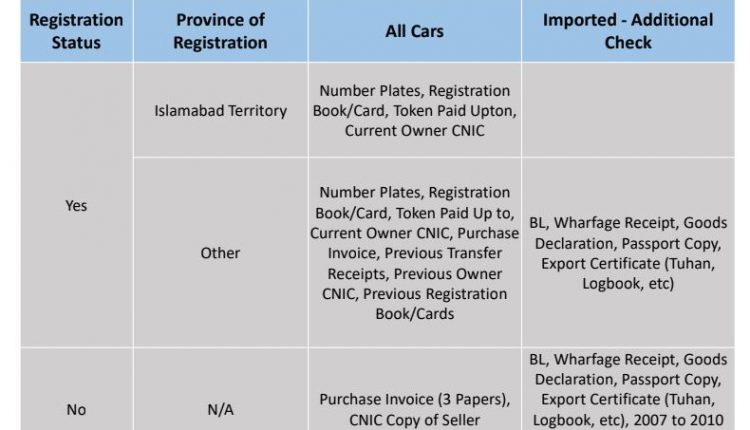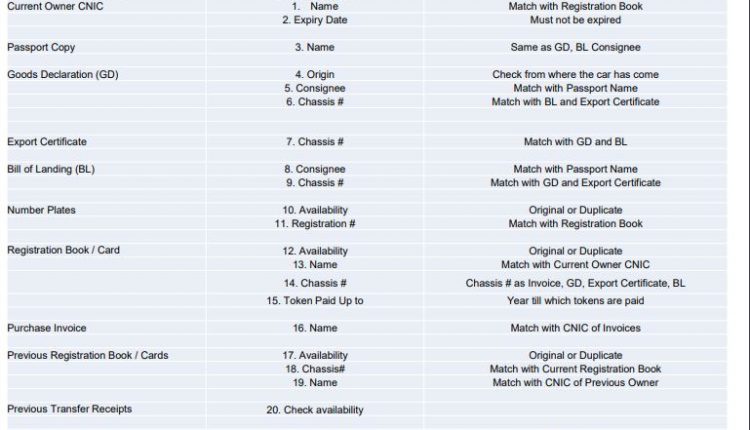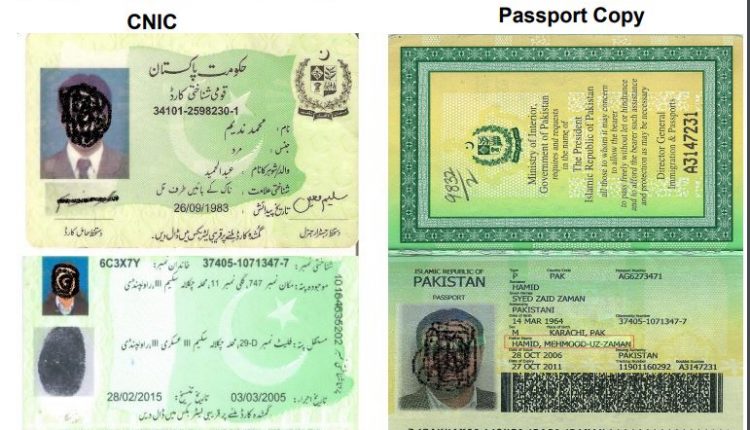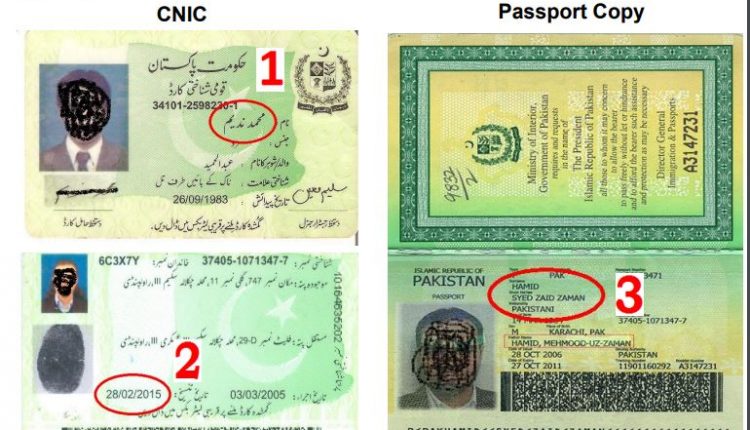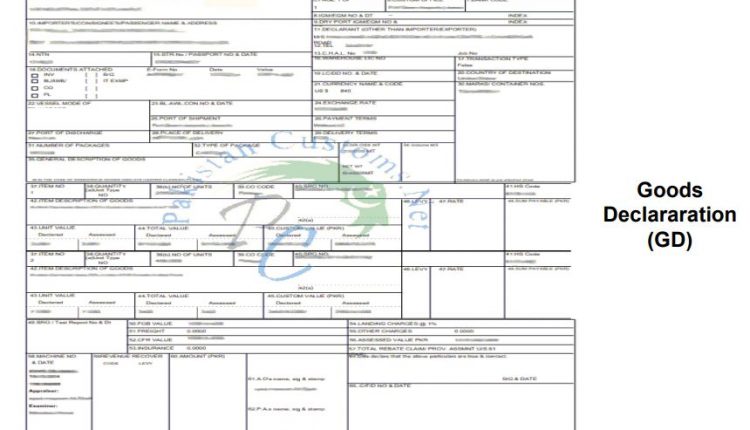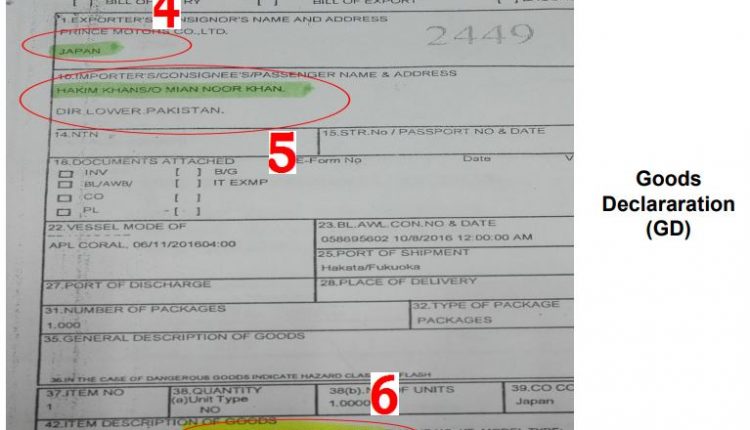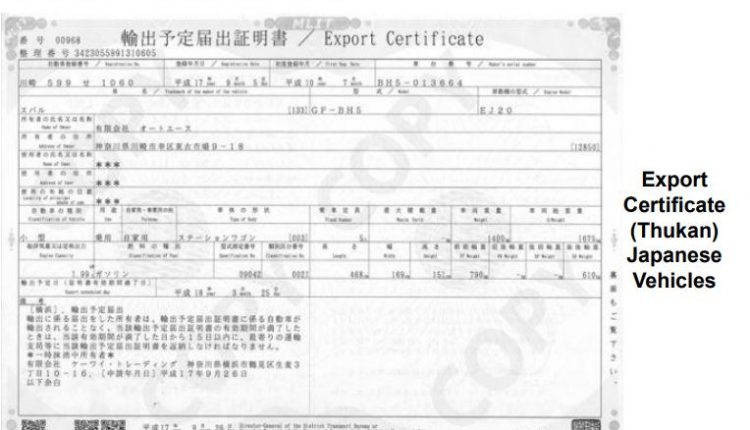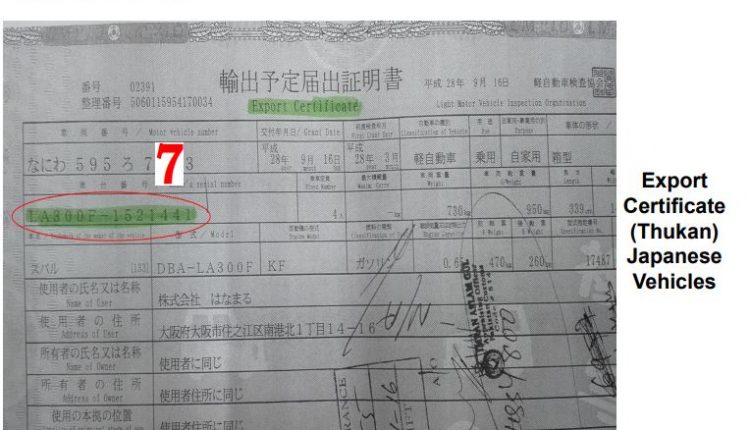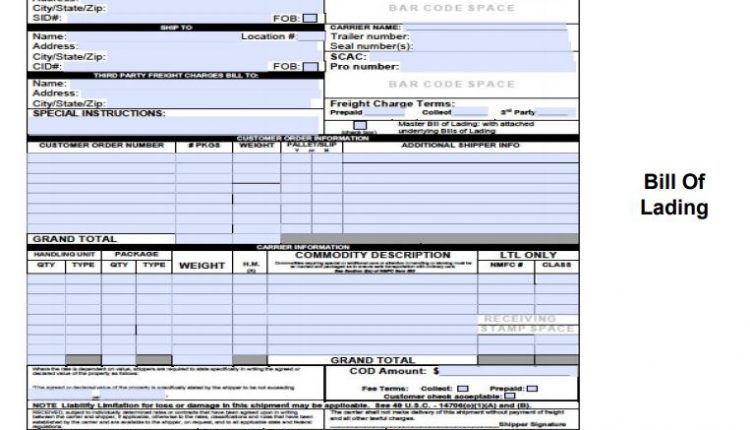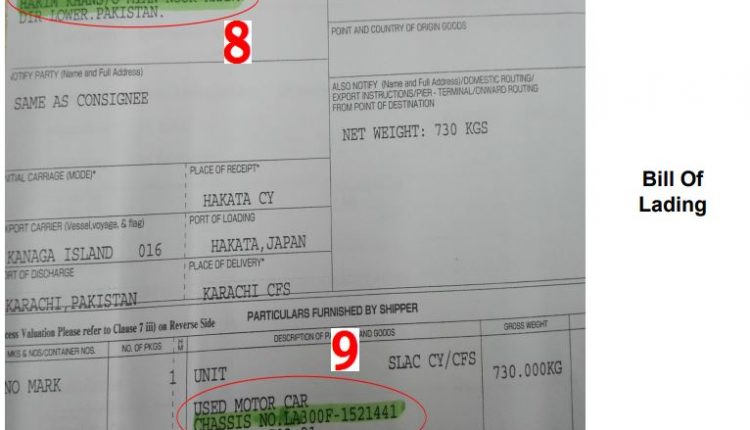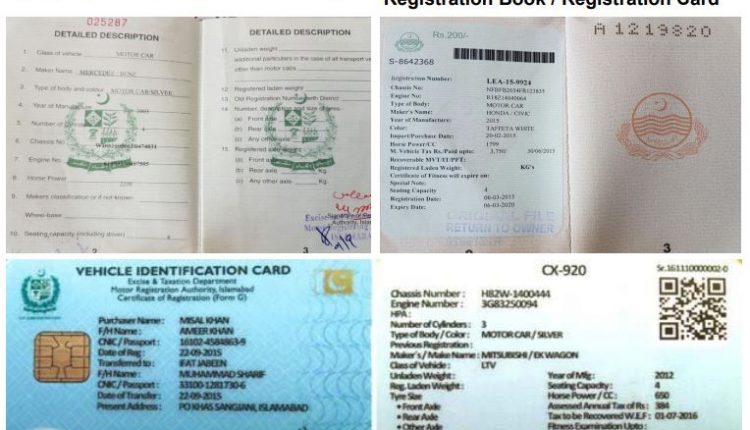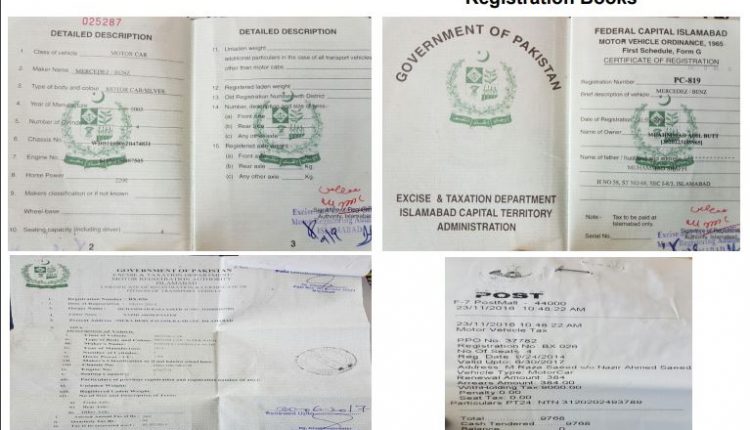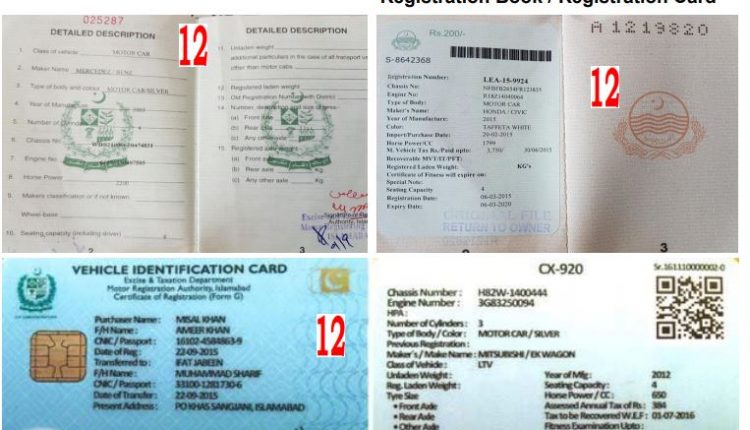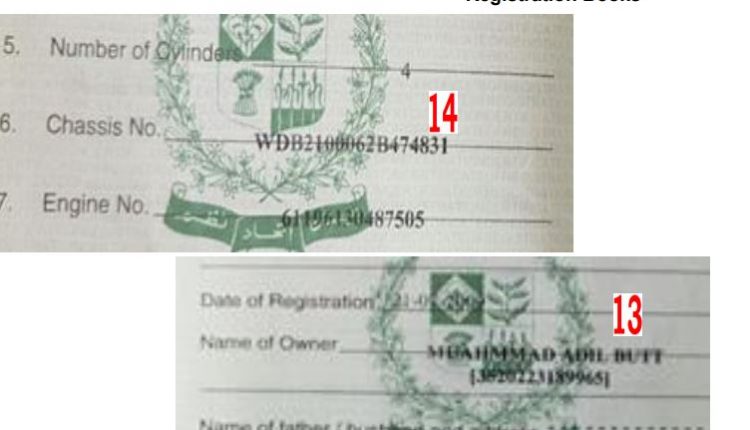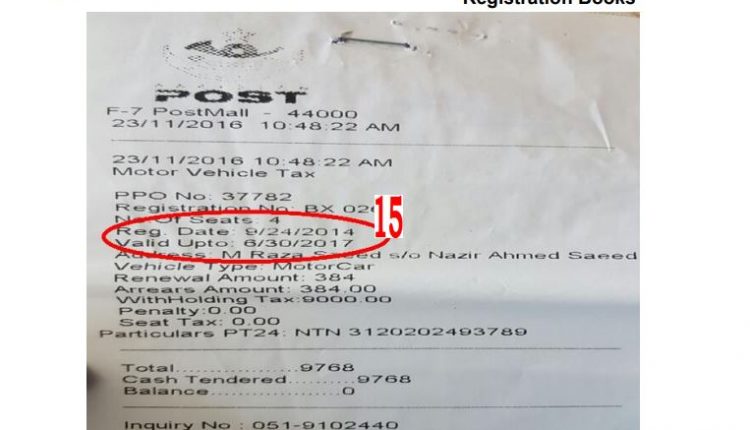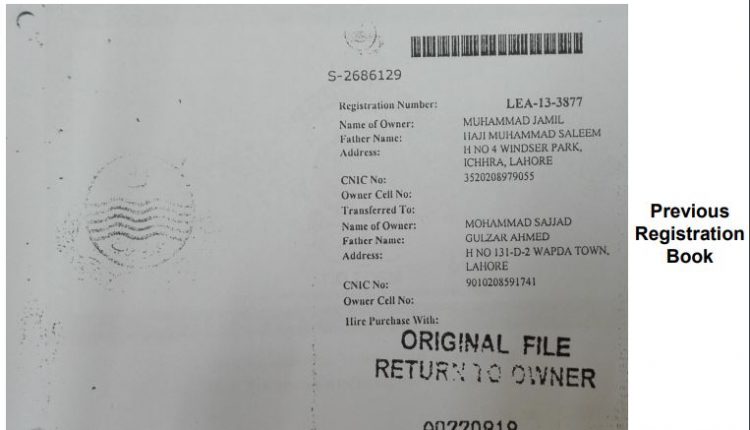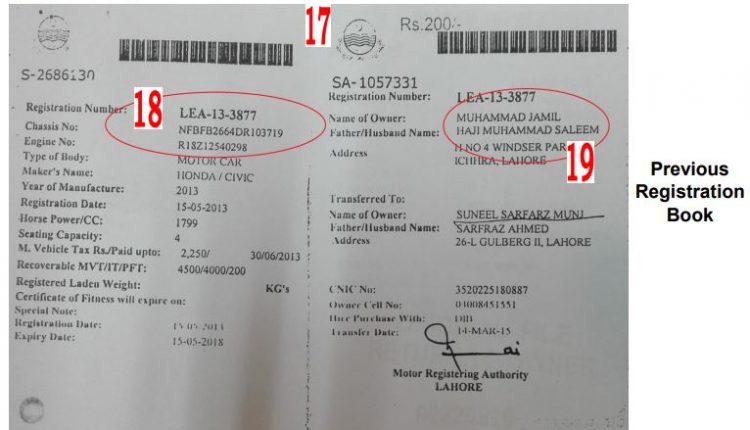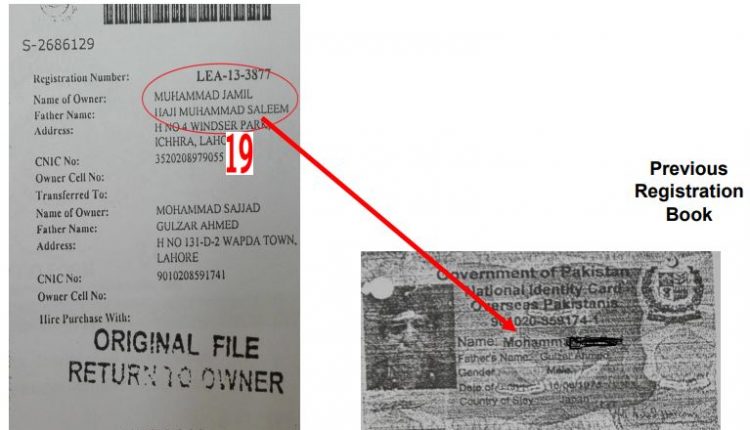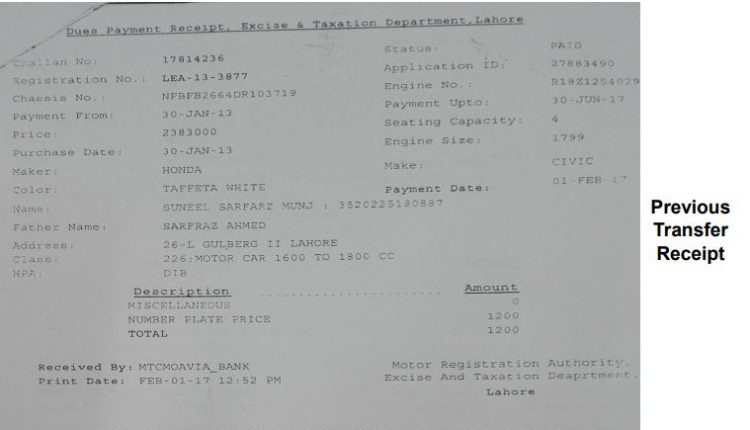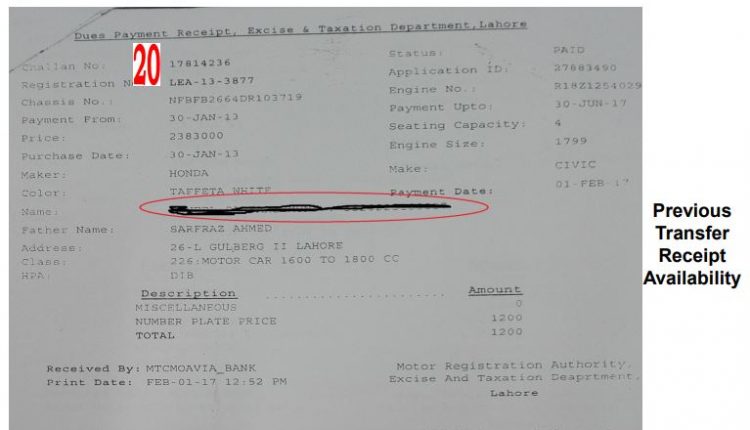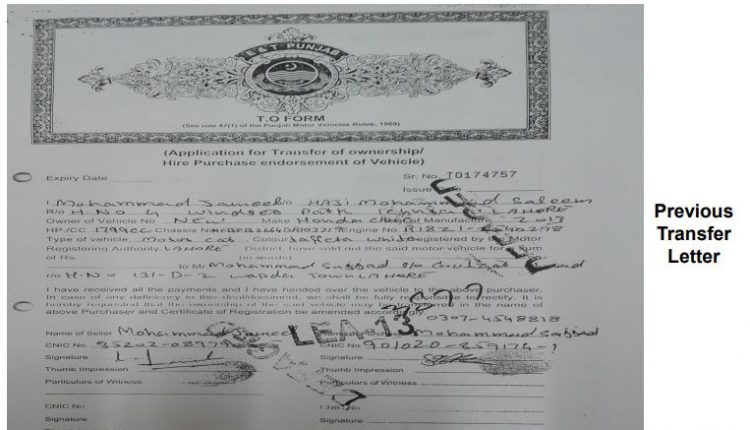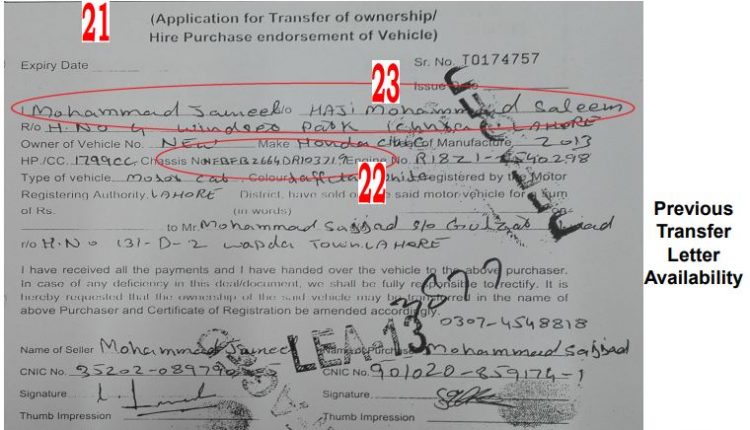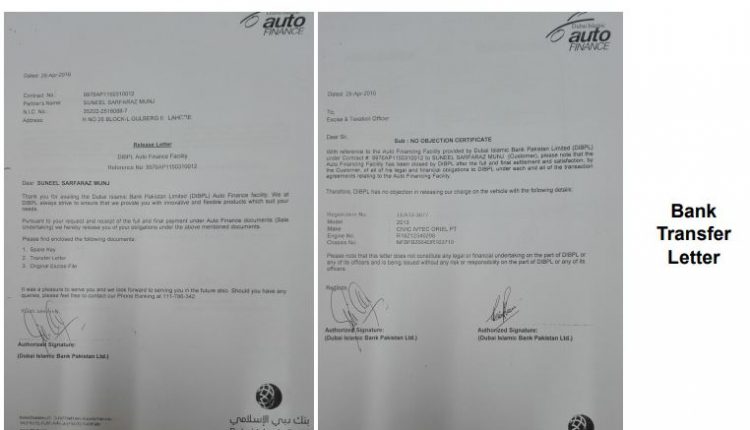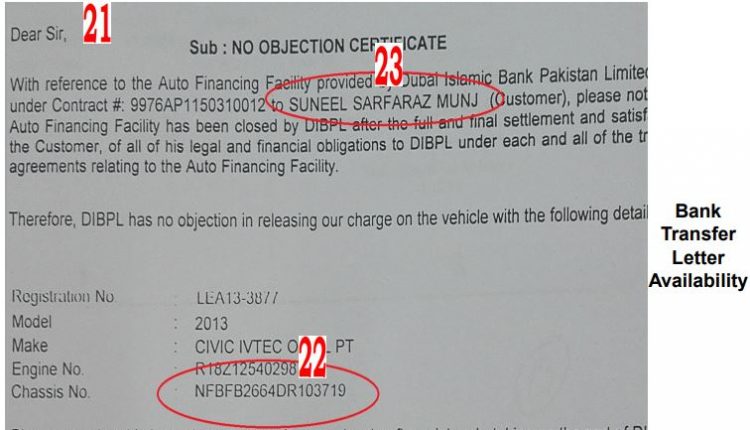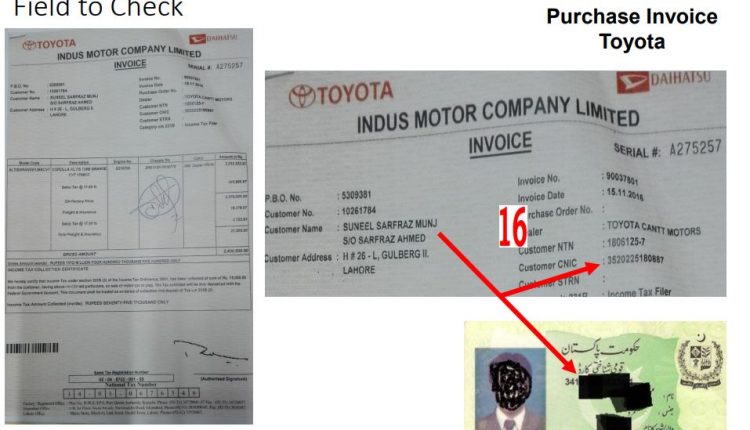To safeguard yourself, it is important that you comprehensively know about all the important documents before buying a car in Pakistan. After doing your research and selecting a car to buy, be sure to check the following documents before spending your money.
For a lot of people, buying a car is a huge financial investment. Protect your financial investment by thoroughly checking the required documents.
Registration
The car you are about to buy is either registered or unregistered. If the car you are interested in is registered, we can further classify it into three more categories. Firstly, if the car is registered in Islamabad, all the documents would be submitted to the excise and taxation office in Islamabad. After submission, the office will issue you a card for the car and Biometric form is also needed for the sale. Secondly, if the car is registered in any other city i.e., Lahore, Karachi the excise and taxation office will return the documents. The third is where the car is not registered anywhere. It is pertinent to mention that you need both Invoice and Sales Certificate for the sale and they are two different documents. And in case of loss of any of these documents, you have to register a FIR and it will take about 2-3 months for the duplicate.
Documents for Registered Cars
The documents that are required in Islamabad are the original number plate of the car, registration book/registration card (up to date token paid), CNIC of the current owner and return file of the car. In case of cars registered in other cities, you will require these above-mentioned documents as well as purchase invoice, previous transfer receipt, previous owner’s CNIC, and previous registration book/card are also required.
If the car you are about to buy is an imported one, you must check some additional documents including the bill of lading, wharfage receipt, goods declaration (GD), passport copy, and export certificate (Thukan or Logbook). If the car is not registered, the passport copy must be valid.
CKD Vs Imported Cars
In the case of locally-manufactured cars (CKD units), you need to check the purchase invoice (three papers) and the valid CNIC copy of the person on whose name the invoice was made. In the case of an imported vehicle, you need to check the Bill of Lading (BL), wharfage receipt, goods declaration (GD), passport copy, and export certificate. Also, check the custom duty receipts and excise challan in Import vehicle documents.
CNIC and Passport
The things you need to check here are the name on the CNIC and the expiry date. The name of the current owner on the CNIC must match with that mentioned in the registration book. In the case of the passport, again, check the name, and this name must be the same one that is mentioned on the Goods Declaration (GD) and the Bill of Lading (BL).
Goods Declaration (GD), Bill of Lading (BL) and Export Certificate
In the case of the Goods Declaration (GD), check three things. Firstly, check the origin of the imported car i.e., from where the car has come. Secondly, check the name of the consignee, which must match with the name on the passport. Thirdly, check the chassis number, and this must match with the one mentioned on the BL and the export certificate. Another thing to note here is the registration number with which that car was being run in a foreign country.
In the BL, check for the name of the consignee and the chassis number mentioned therein. Also, check the chassis number mentioned on every document with that mentioned in the car. In the export certificate, look at the chassis number mentioned here and match it with that mentioned on the GD and BL.
Must ask the seller when the car has been cleared from the customs port because after the vehicle is released from the port, it should be registered within 60 days otherwise excise will charge late registration penalty.
Number Plate and Purchase Invoice
The number plates of the car must be original. At times, people have attached fancy number plates to their cars. Ask for the original ones if this is the case. Also, ensure that the registration number mentioned on the number plate matches with that mentioned in the registration book. In the case of the purchase invoice, make sure the name on this document matches the name on the CNIC. With the purchase invoice, you can also ask for the sales certificate that further validates the information.
Registration Card/Book
At first, check whether the registration book/card is original or duplicate. However you must know whether documents are original or duplicate. Then check that the name mentioned on the book, matches the name on the CNIC. Also, check that the chassis number mentioned matches that mentioned in the GD, BL, export certificate, and the invoice. Finally, check that the token has been paid to date, and there are no outstanding tokens.
Previous Transfer Letter and Receipts
If the car was previously in the name of a person other than the current owner, then you also need to check the previous transfer letter and receipts. The transfer receipt tells you that the car was successfully transferred to the current owner. A copy of the CNIC of the first owner must also be available, but it does not need to be valid. Also, make sure that the transfer letter is filled, and it is not open. Try not to buy a car with an open transfer letter. You also need to check NOC if the car was leased from the bank. Just like the previous cases, check the name of the current owner and the chassis number of the car. Lastly, the T.O Form is also essential for making the sale.
Watch Video:
Read about 10 points to consider before buying a new car.
Stay tuned for more informative content like this one and drop your thoughts in the comments section below.


